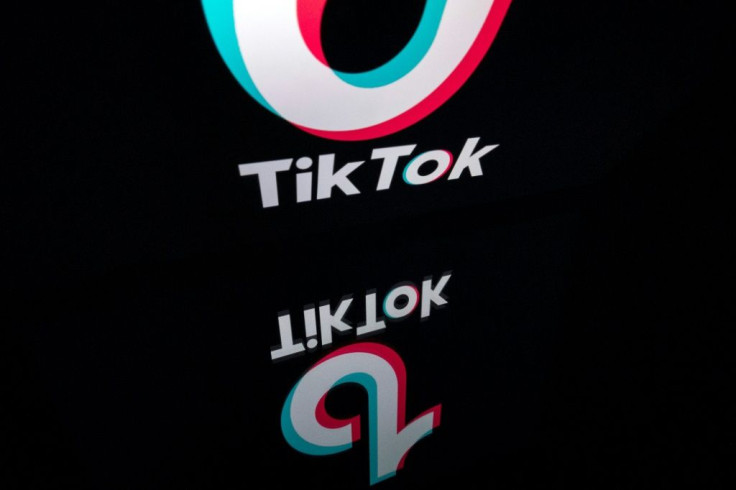Trump Issues Executive Order Against TikTok, We Chat Banning US Transactions
KEY POINTS
- Trump bans Chinese apps TikTok and WeChat after 45 days using executive orders
- Orders claim popular apps are threats to U.S. national securtity
- Legal challenges expected as Microsoft eyes acquisition of TikTok
President Donald Trump made good on his threat Thursday to ban popular Chinese music-video app TikTok and messaging service WeChat from doing business in the U.S. with a pair of executive orders.
Citing national security concerns, Trump banned both apps from operating in the U.S., effective in 45 days. His executive order will cease TikTok's business in the U.S. if it isn't sold by parent firm ByteDance to Microsoft Corporation or another American firm.
Trump signed a similar order banning WeChat, which is owned by Chinese multinational conglomerate Tencent Holdings. The orders cite alleged violations of the International Emergency Economic Powers Act and the National Emergencies Act.
It was not immediately clear how the orders would be applied, or if they will withstand an expected legal challenge. Experts said naming the apps’ operations in the U.S. a national emergency is legally unprecedented and will likely lead both ByteDance and Tencent to challenge the orders in court.
Trump's executive order against TikTok claims “the spread in the United States of mobile applications developed and owned by companies in the People’s Republic of China ... continues to threaten the national security, foreign policy, and economy of the United States. At this time, action must be taken to address the threat posed by one mobile application in particular, TikTok.”
It prohibits transactions by any person or property subject to U.S. jurisdiction with ByteDance or any of its subsidiaries after 45 days. Transactions will be prohibited “to the extent that they are permitted under applicable law.”
The order alleges TikTok’s access to user data such as user location, browsing and search histories “threatens to allow the Chinese Communist Party access to American’s personal and proprietary information–potentially allowing China to track the locations of Federal employees and contractors, build dossiers of personal information for blackmail, and conduct corporate espionage.”
Ironically, Trump also said TikTok was being banned for spreading misinformation about the COVID-19 pandemic. On Wednesday, Facebook for the first time deleted a Trump post on similar grounds. It removed text and video posted by Trump that falsely claims children are immune to COVID-19.
Trump’s executive order banning WeChat fulfills an earlier threat made by Secretary of State Mike Pompeo. In his executive order, Trump claims WeChat’s data collection is also a national security threat that gives the Chinese access to user information.
Trump's order cites WeChat’s agreeing to censor materials disapproved by the Chinese government. The order also restricts U.S. companies from conducting transactions with Tencent, as well as its subsidiaries.
On Aug. 2, Microsoft affirmed its commitment to acquire TikTok. In a company blog post, Microsoft CEO Satya Nadella said he reached the decision to commit Microsoft to TikTok's acquisition by Sept. 15 after a talk with Trump. He said Microsoft "is prepared to continue discussions to explore a purchase of TikTok in the United States."
Trump also has made statements claiming a percentage of any sale should go to the U.S. Treasury Department.

© Copyright IBTimes 2024. All rights reserved.





















